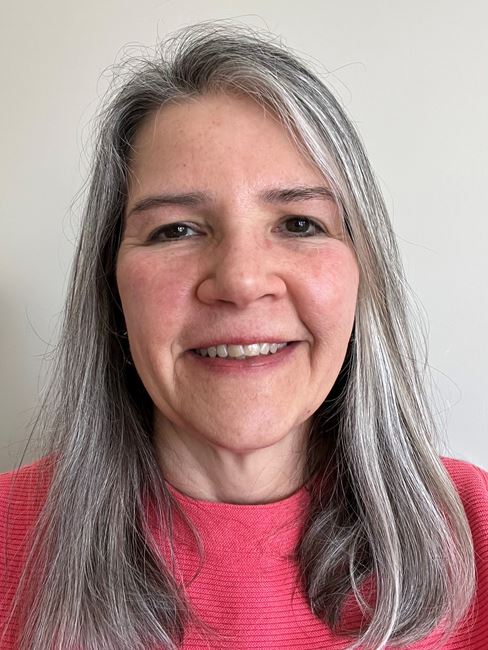Whitney Wenger, Utica
Published on June 14, 2024 in Diversity, Equity and Inclusion

I was raised incredibly white. We were middle class, with one working parent, so my parents always felt they were working hard just to keep our family together. There was never really outreach beyond our small circle.
I started donating to United Way through my workplace in 1984. A few years ago, my coworker was chairman for the United Way for Southeastern Michigan’s campaign. When the 21-Day Equity Challenge started, he got involved. He brought us in to participate and then moderate.
It was huge exposure to everything in the Diversity, Equity and Inclusion space. All the amazing materials and detailed news stories, thoughtful YouTube videos, trigger warnings and take care of yourselves. Each week, we would review the materials and prepare for the discussions with folks.
Our discussions were driven by the materials and amazing people that showed up each week. One couple shared stories of horrible experiences when all the Asian hate was going on during COVID. We also had some really good discussions regarding maternal healthcare and Birth Detroit.
When I started learning about how inequitable infrastructure is and the responses to safety concerns, it really expanded my universe. I wanted to stay involved, raise awareness and help get more people up to speed with what’s really going on. Learning made my life bigger.
The Equity Challenge exposes you to more people, what they’re going through, and the hard work that’s going on to make things more equitable. It gives you hope that folks are working really hard to make a difference.
This year, I went to Avalon Healing Center for a Community Action Friday. I’ve got friends and family members affected by abuse and assault, and it made me feel so grateful for the care and services that Avalon provides. The women they serve are in their darkest hours and the faculty was so kind.
The easiest way to learn more about these issues is hearing people’s voices explain the things they’ve gone through— what’s worked and what hasn’t. That’s why I like the YouTube videos in the Equity Challenge resources and listening to podcasts. I was excited to hear Avalon has a podcast and I plan on listening.
The biggest impact of the Equity Challenge is having all this knowledge at your fingertips. When you walk into a wall of racism, you’re not arguing with random examples— you’ve got resources you can refer people to and maybe they can learn from the materials as well. I have people in my life that still are on the dark side of all this, and the Equity Challenge has really helped with a lot of resources I can use in our conversations.